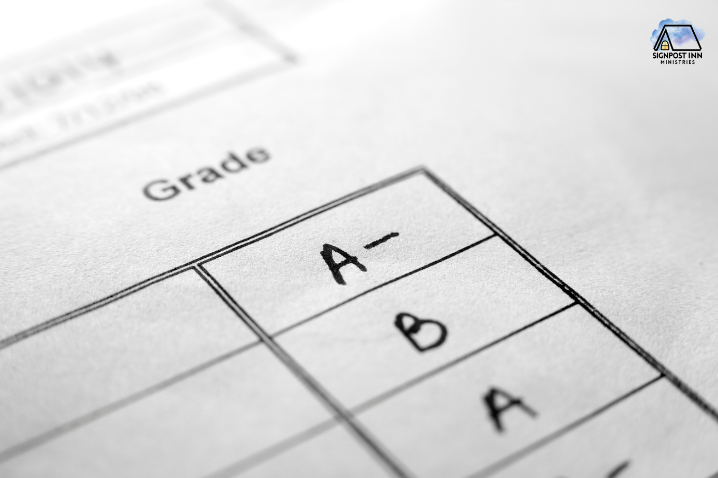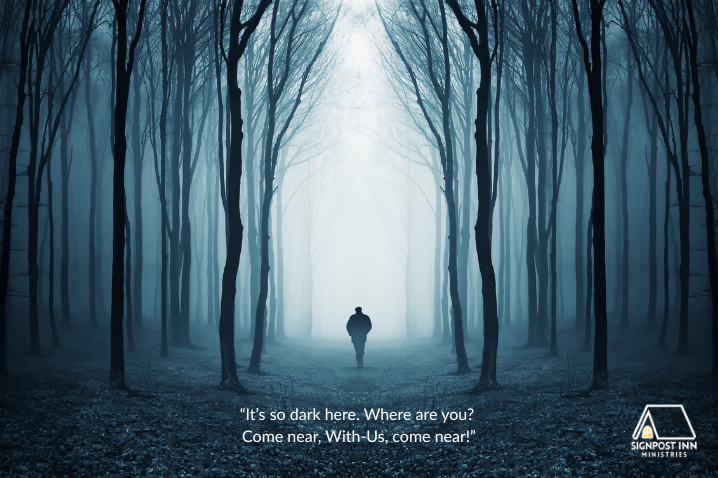The Bottomless Ocean of God's Love

Hello friend, today I want to offer something a little different: a personal meditation I wrote (and a piece of art I created) upon re-reading a section of von Balthasar’s Prayer. The meditation follows the art.

Existence itself is an undeserved gift for which we cannot thank God enough.
If I can stop my whirring mind for moment and simply notice the exquisite splendor and mystery of merely existing, I must break forth into spontaneous praise and thanksgiving to God.
Incomprehensible beauty exists within the space of a single breath. It spreads around and away from us like a panoramic landscape. It gives itself to each of us promiscuously. If I could freeze time I could live a whole life in a single moment. But each moment moves on as quickly as it comes, politely making room for the next which is again full of unspeakable glories.
Yet as wonderful as existence is, it was only given to us for the sake of an even more wonderful and inconceivable purpose of God. Between God’s beginning without a beginning and his endless end, there fits the tiny stretch of our finite existence. We have our value within God’s eternal life; through his free grace we exist before his face, and we each have a mysteriously central role in the eternal “love story” that God is telling.
The one who prays must be vividly aware of this. Vividly aware that the whole compact solidity of our creaturely being, all the laws that govern this physical world, all the events that transpire in history both tragic and wonderful—everything—floats like a ship on the bottomless ocean of the love of the Father.
Then we can experience the freedom of this love.
“Everything floats like a ship on the bottomless ocean of the love of the Father.”
This is not the nihilistic “freedom” experienced by those who believe “after this, nothing.” No, we can experience the much deeper and wholly different freedom which comes from being in the Father's "good pleasure." We, his creatures and servants, are regarded as members of his household, as his very own children and "co-heirs" with his Son!
Note: In the above, I have freely interwoven my own words with Balthasar’s without regard for proper citations. If you would like to read the source material it spans the pages 39-44 of this edition of his book.
Explore our ministries
Spiritual Direction
Resources





